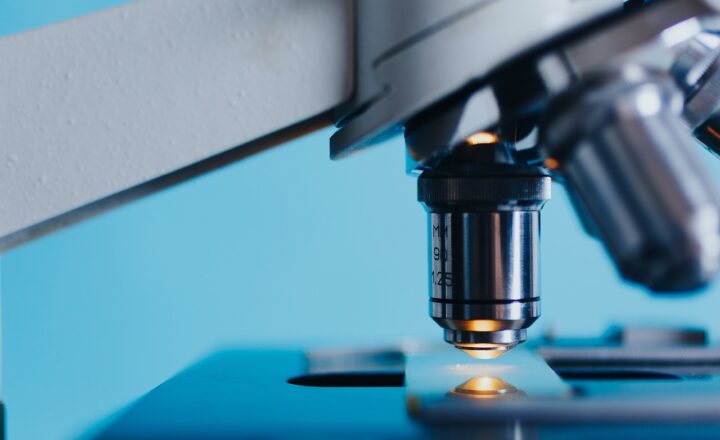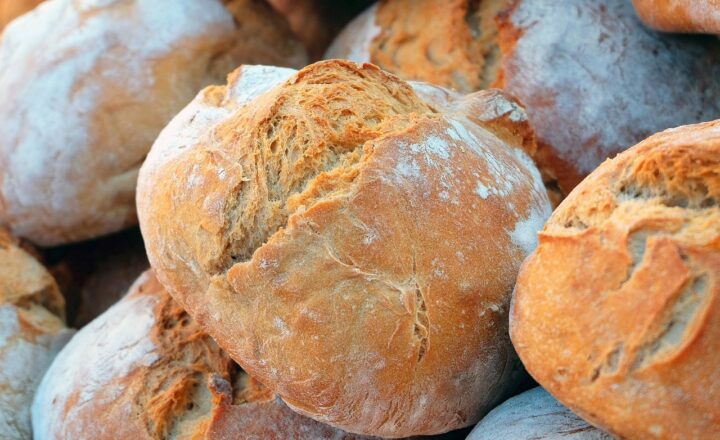What to Eat After a Workout for Maximum Muscle Recovery and Growth
November 14, 2024

After an intense workout, the body enters a crucial recovery phase where nutrition plays a vital role. The food you consume post-exercise can either enhance or impede your muscle recovery and growth. In this comprehensive guide, we will explore what to eat after a workout to maximize muscle recovery, optimize nutrient absorption, and promote overall health.
1. The Importance of Post-Workout Nutrition
Post-workout nutrition is essential for several reasons:
- Muscle Repair and Growth: During exercise, muscle fibers undergo micro-tears. Proper nutrition after a workout aids in repairing these fibers, leading to muscle growth and strength gains.
- Glycogen Replenishment: Glycogen stores are depleted during workouts, especially in endurance and high-intensity training. Replenishing glycogen is crucial for recovery and preparation for future workouts.
- Reduced Muscle Soreness: Certain nutrients can help minimize soreness and inflammation, allowing for quicker recovery and less downtime between workouts.
- Improved Immune Function: Intense exercise can temporarily suppress the immune system. Adequate post-exercise nutrition can help support recovery and immune health.
Given these factors, your post-workout meal should focus on providing the right nutrients in the correct amounts.
2. Key Nutrients for Recovery
To maximize muscle recovery and growth, your post-workout meal should include the following key nutrients:
2.1 Protein
Protein is essential for muscle repair and growth. Ideally, aim for 20-30 grams of high-quality protein after your workout. Good sources include:
- Lean Meats: Chicken, turkey, and lean beef are excellent sources of complete proteins that provide all essential amino acids required for muscle recovery.
- Fish: Salmon and tuna not only provide protein but also beneficial omega-3 fatty acids that can reduce inflammation and aid recovery.
- Dairy Products: Greek yogurt, milk, or cottage cheese are great options that offer protein along with calcium, which supports bone health.
- Plant-based Sources: If you’re vegetarian or vegan, opt for options like lentils, chickpeas, tofu, or protein powders made from pea, rice, or hemp proteins.
2.2 Carbohydrates
Carbohydrates are vital for replenishing glycogen stores. Incorporating complex carbohydrates can help stabilize blood sugar levels and provide energy for recovery. Some good options include:
- Whole Grains: Brown rice, quinoa, or whole grain bread provide essential nutrients and fiber for optimal recovery.
- Fruits: Bananas, berries, and apples are quick-digesting and help to provide both carbs and antioxidants that combat oxidative stress.
- Starchy Vegetables: Sweet potatoes and corn are excellent sources of carbohydrates that can quickly replenish glycogen stores.
2.3 Fats
Although not as essential as protein and carbohydrates right after a workout, healthy dietary fats can support overall recovery. Including sources of healthy fats in your meal can enhance nutrient absorption. Options to consider include:
- Avocado: Rich in monounsaturated fats and vitamins, avocados can provide energy and help with recovery.
- Nuts and Seeds: Almonds, walnuts, and chia seeds offer beneficial omega-3 fatty acids and antioxidants that support recovery and overall health.
3. Timing Your Post-Workout Meal
To optimize recovery, aim to consume your post-workout meal within a 30 to 60-minute window after exercising. This timing helps take advantage of the body’s heightened nutrient sensitivity right after working out, allowing for better absorption and utilization of the nutrients consumed.
4. Sample Post-Workout Meals
To simplify your meal planning, here are some sample post-workout meals that combine the right mix of protein, carbohydrates, and fats:
- Grilled Chicken with Quinoa and Steamed Broccoli: A classic meal rich in protein and complex carbs that promotes recovery and muscle growth.
- Greek Yogurt Smoothie: Blend Greek yogurt, a banana, spinach, and some peanut butter for a nutrient-packed smoothie that is quick to make and consume.
- Tuna Salad on Whole Grain Bread: A quick meal that combines protein from tuna and complex carbs from whole grain bread, topped with avocado for healthy fats.
- Post-Workout Protein Shake: Combine your choice of protein powder with almond milk, a banana, and a tablespoon of flaxseed for a well-rounded shake.
5. Hydration Matters
Along with proper nutrition, rehydrating after a workout is crucial. During exercise, fluid loss through sweat can impede recovery and performance. Aim to drink enough water after your workout, and consider replenishing electrolytes if your workout was particularly intense or long. Electrolytes help maintain hydration, nerve function, and muscle function.
Including beverages like coconut water, electrolyte drinks, or a pinch of salt in your water can be beneficial.
Conclusion
Post-workout nutrition is vital for muscle recovery and growth. By prioritizing protein, carbohydrates, and healthy fats within the first hour after exercising, you can maximize your muscle repair and set the stage for future workouts. Whether you prefer a solid meal or a quick shake, the key is to balance these components and make hydration a priority. Adopting a nutritious post-workout regimen will help you achieve your fitness goals more effectively while keeping your body healthy and functioning optimally.







